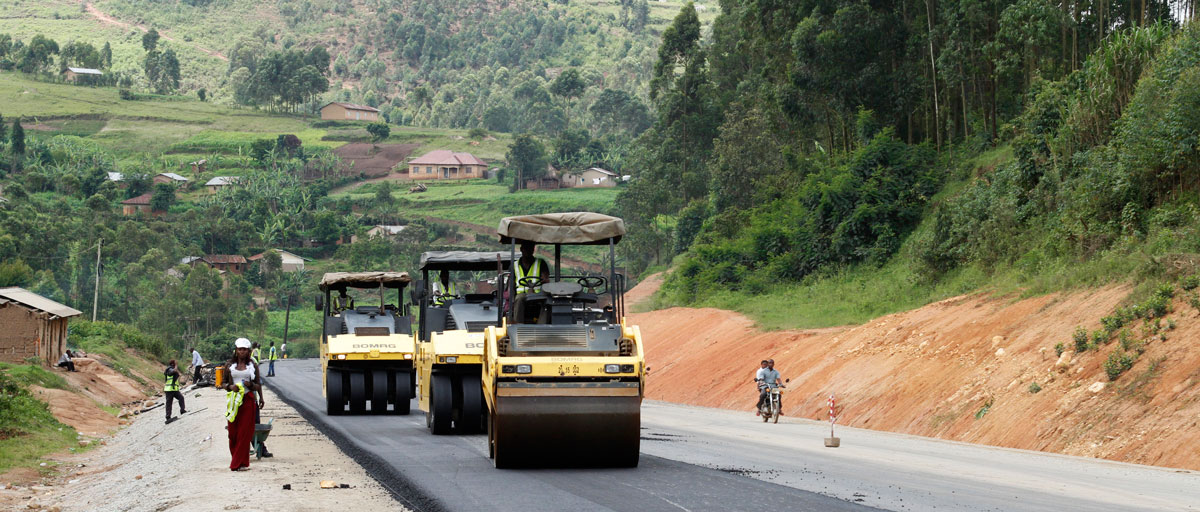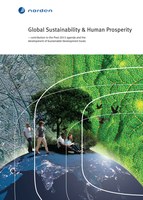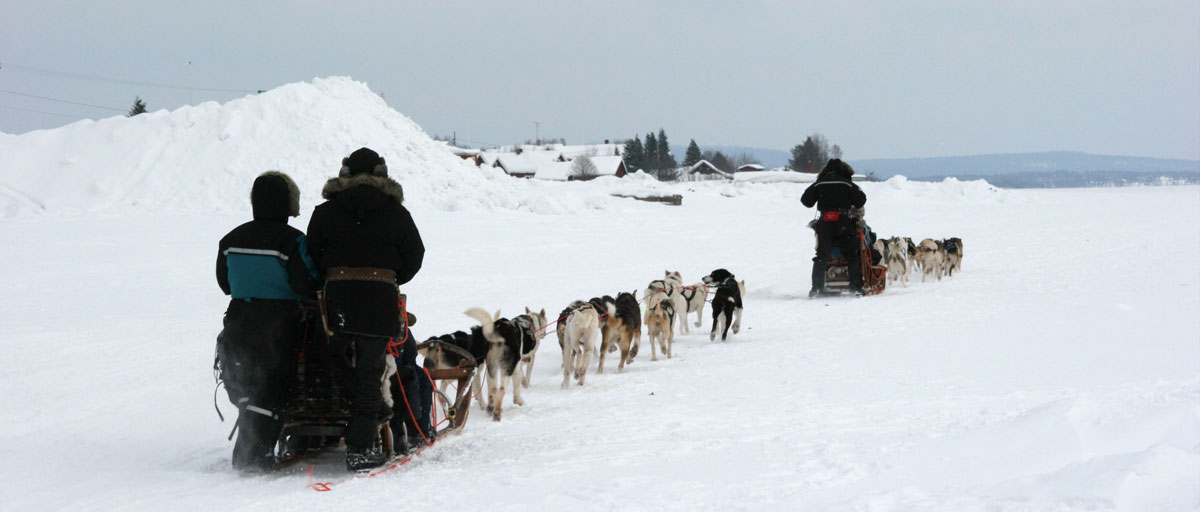
A new report funded and published by the Nordic Council of Minsters describes why and how the links between human wellbeing and the biosphere should influence the formulation of the new Sustainable Development Goals. Photo: S. Edman/Azote
Nordic Council of Ministers' report
Development within Earth's limits
Why links between human wellbeing and the biosphere are central to formulation of the Sustainable Development Goals
- Researchers and advisers at the Stockholm Resilience Centre have authored a report published by the Nordic Council of Minsters
- It argues that the post-2015 agenda provides a global window of opportunity to address both social needs and environmental challenges together
- Links between human wellbeing and the biosphere should influence the formulation of the Sustainable Development Goals
The development of a Post-2015 agenda and the Sustainable Development Goals, provides a global window of opportunity to address both social needs and environmental challenges together.
In a new report, entitled Global Sustainability and Human Prosperity and funded and published by the Nordic Council of Minsters, researchers and advisers at the Stockholm Resilience Centre explain why and how the links between human wellbeing and the biosphere should influence the formulation of the new Sustainable Development Goals.
In the report they explore what we can learn from the Millennium Development Goals and existing international agreements in this process, as well as suggesting targets and scalable indicators suitable for a rapidly changing world.
"We recommend the adoption of a "development within Earth limits" approach in the further process of designing SDGs. We argue that the twin priorities for the formulation of SDGs must be the protection of the biosphere and the reduction of poverty as an essential part of a fair and just global society," says Thomas Elmqvist, professor in resilience and development at Stockholm Resilience Centre and lead author of the report.
The report is a follow-up to an earlier discussion paper entitled "Human prosperity requires global sustainability – a contribution to the Post-2015 agenda and the development of Sustainable Development Goals". This discussion paper was commissioned by the Swedish Government Office for the Nordic Environment Ministers’ meeting in Jukkasjärvi on 7th February, 2013. The Stockholm Resilience Centre was then asked by the Nordic Environment Ministers to elaborate on this issue and exemplify some aspects and conclusions set out in that first document. The report, finalized in October 2013, highlights its perspectives, approaches and frameworks through concrete examples and case studies.
The report has also contributed as main background document to two international meetings:
Planetary boundaries and environmental tipping points: What do they mean for sustainable development and the global agenda?was held on 4-5 of November 2013 in Geneva, Switzerland, organised by the Ministry of the Environment of Finland in cooperation with the Ministries of the Environment in Norway, Sweden and Denmark, United Nations Environment Programme (UNEP) and the Stockholm Resilience Centre with the support of the Nordic Council of Ministers.
Later, on 2-4 December 2013, there was a Multi-stakeholder Dialogue on Integrating Social-Ecological Resilience into the New Development Agenda in Medellín, Colombia. The Dialogue was organised jointly by the Alexander von Humboldt Institute for Research on Biological Resources, the Ministry of Environment and Sustainable Development of Colombia, and the Stockholm Resilience Centre, with the full support of the Governments of Colombia and Sweden, and in consultation with the CBD Secretariat.
The report is funded by the Nordic Council of Ministers and the Swedish International Development Cooperation Agency (Sida) through SwedBio at Stockholm Resilience Centre.








